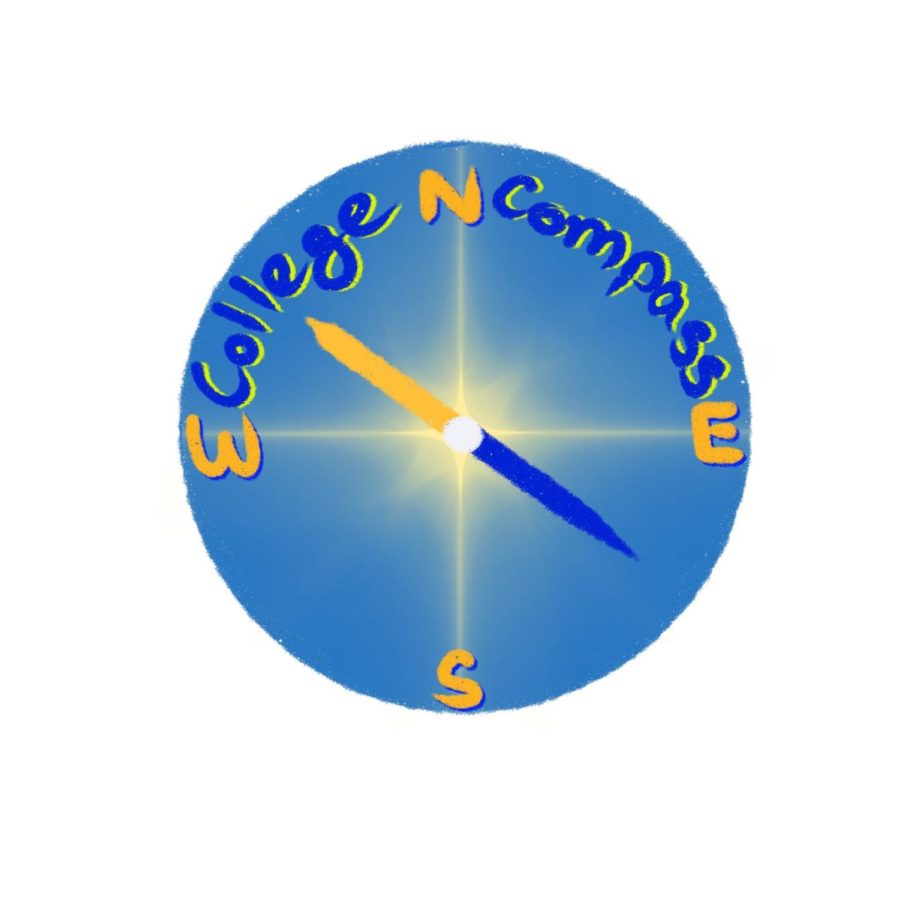College Compass | A Guide to Networking
College Compass is a bi-weekly blog that aims to help students navigate the highs and lows of college life.
February 18, 2021
If I reached out to a new person every time I heard the term ‘network,’ I may have a job offer right now. As a graduating senior, I hear this term almost every day. All jokes aside though, in most industries, networking can help anyone with any level of credentials eventually land a job, or at least lead to an opportunity that will.
Networking is tedious, intimidating and sometimes a little awkward. Regardless of how uncomfortable it feels, though, it’s an imperative step for anyone with plans to enter the workforce. Even students who aren’t graduating yet or plan on taking a gap year should still partake in this step because everyone needs to have a contact base at some point.
With that said, it’s never too early or late to begin, so if you’re wondering where to start, here are some tips:
Start with who you know
There’s no shame in getting help from parents, relatives or family friends. In fact, speaking to people you have immediate connections with is a great way to warm up for cold calls with strangers. So if you know someone in a position that seems interesting to you, ask to have a conversation with them. If you don’t, practice an informational interview with them anyways — it can’t hurt.
Attend a career fair or panel
Do not underestimate the potential of these events. There’s three main reasons why a college career fair or panel is so beneficial. Firstly, these events feature a wide range of employers who come to talk about their background and current roles, and they may introduce you to a career path that you never even considered. Once you graduate, there’s never going to be another opportunity that will allow you to check out the full scope of an industry quite like these do, so take advantage of it.
Second of all, the professionals at these events are well-connected and willing to speak with students. In fact, they expect it. So this can be a great way to find a connection and pursue it after the event. Thirdly, career fairs can directly lead to a job because certain companies send out hiring teams to interview people on the spot. While I wouldn’t recommend going in with that kind of expectation, it’s a lucky perk that might occur.
Believe it or not, this website has a host of useful purposes that go beyond showing off 500+ connections and a fancy profile picture in a suit. While I do suggest keeping your profile updated, I use Linkedin for a variety of reasons that have nothing to do with these details. In terms of networking, if you search up your college and click on the alumni tab, you can search by job, company or location and find graduates from your school that match the search criteria. This tool is especially useful because it gives you common ground with the people you network with, which helps conversation flow better. Additionally, it allows you to browse through people or positions you’re interested in. Almost every alumnus that I’ve contacted through LinkedIn has offered to have a phone call with me – it’s worth doing some investigating.
Professors
Yes, professors do more than assign grades. Most professors have PhDs, which make them experts in their fields. Even if they don’t have a doctorate though, they still have some kind of higher degree and extensive success in the field. Plus, most of them enjoy working with students so they’re more approachable and willing to set aside time than other professionals in their field. In my experience, many professors are willing to go out of their way to help me or at least talk about their career path and the field they’re in.
While reaching out to people initially feels unpleasant, it gets easier with time. Even if it doesn’t directly lead to a job, it’s excellent practice for the real world. Speaking to professionals and inquiring about their careers is equivalent to taking an interview or public speaking workshop. Plus, during the COVID-19 pandemic, it’s completely free because transportation isn’t necessary and dining out isn’t an option. So take advantage of Zoom and hop on a call whenever you can — future you will be grateful.
Ana Altchek writes primarily about lifestyle, cultural issues and school-related tips for college students. Write to Ana at [email protected].








